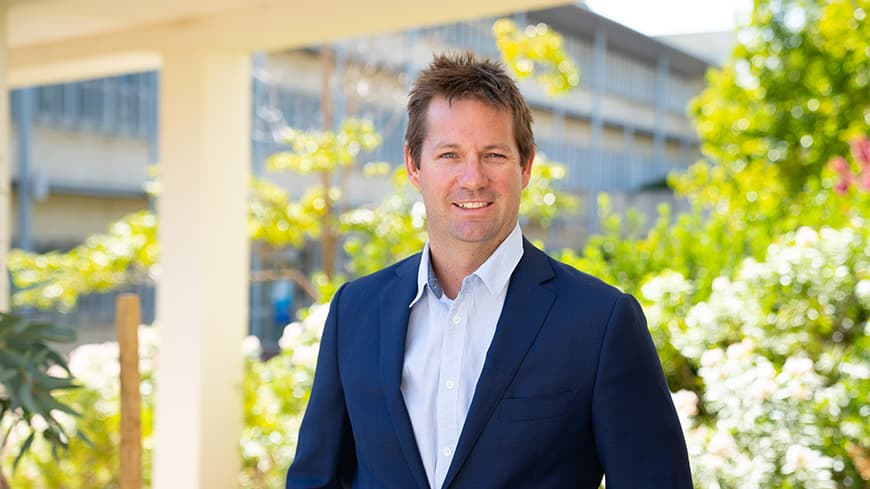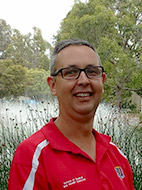
If your child bumps their head and a lump occurs, should you seek emergency treatment?
What about a box jellyfish sting?
If you answered no to both, you could be wrong. But you wouldn’t be alone.
A new Edith Cowan University (ECU) study shows Australians are self-assessing many potentially life-threatening situations as not worthy of a 000 call or trip to the Emergency Department (ED).
The research involved data collection with more than 5,000 participants across Australia. They were asked how they would respond to a series of 17 medical scenarios, some of which warranted emergency treatment.
Researchers then quantified how often people were incorrect in recognising which scenarios warranted calling an ambulance or presenting at an ED, (meaning they did not recognise the signs and symptoms as being potentially life threatening).
Senior Lecturer and Researcher Dr Brennen Mills said while people should be wary of unnecessarily calling an ambulance or attending ED, particularly given ongoing ambulance ramping issues and over-burdened hospitals, it was still important to seek emergency assistance when necessary.
"The study found that while most Australians are able to correctly identify symptoms associated with a number of medical emergencies, there are some conditions in which recognition of being a potential emergency is poor,” Dr Mills said.
What are we getting wrong?
- A child suffering a scalp haematoma – 67% incorrectly thought an emergency response was not required.
- Potential meningococcal infection– 57%
- Box jellyfish sting – 40%
- Paracetamol overdose – 37%
- Mild chest pain – 26%
Who is getting it wrong?
Dr Mills said in general men were more likely not to seek emergency treatment when they needed to, compared to women.
Participants identifying as Aboriginal or Torres Strait Islander were also 29 per cent more likely to suggest non-emergency responses to scenarios that were recommended for an emergency response.
“A surprising finding was that parents of dependent children were no better at recognising emergency care is needed for head haematomas or potential meningococcal infection, compared to those without children,” Dr Mills said.
“We have a serious issue across the nation with overcrowding of ED’s and ambulance ramping so maximising the best use of emergency healthcare services, staff and infrastructure is critical.
“However, we want to make sure people are not afraid to attend an ED or call for an ambulance when the situation is warranted.
“To develop targeted interventions, we need to better understand which symptoms are not well recognised as potential emergencies and the kinds of people who are less likely to engage with emergency healthcare services for whatever reason.”
The paper ‘Ability of the Australian general public to identify common emergency medical situations: Results of an online survey of a nationally representative sample’ was published in the journal Australasian Emergency Care.
 A new ECU study shows that Australians are self-assessing many potentially life-threatening situations as not worthy of a 000 call or trip to the Emergency Department.
A new ECU study shows that Australians are self-assessing many potentially life-threatening situations as not worthy of a 000 call or trip to the Emergency Department.








